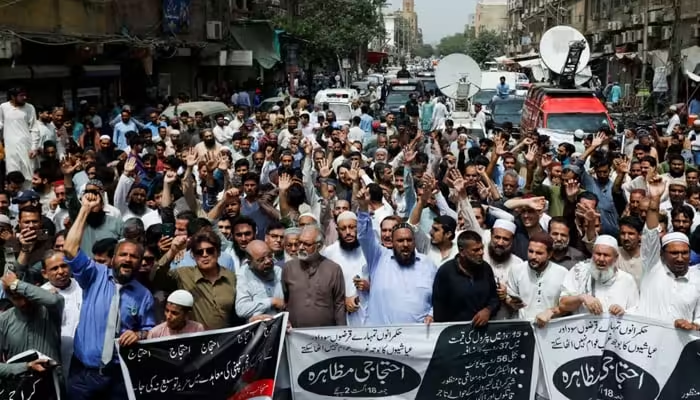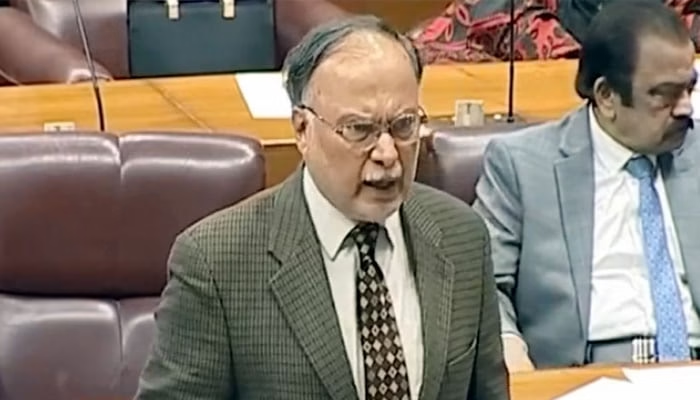The Applied Economics Research Center (AERC) of the University of Karachi recently organized a discussion focused on the challenges and solutions related to Pakistan’s energy crisis. The event, titled “Pakistan’s Energy Crisis and IPPs: How Overbilling Impacts Quality of Life and Pathways to Solutions,” featured several speakers who shed light on the detrimental role of Independent Power Producers (IPPs) and the subsequent impact on the nation’s populace.
The discussion highlighted that IPPs in Pakistan operate without stringent oversight, leading to unchecked performance, outputs, and dubious agreements. It was noted that many IPPs are owned by individuals with ties to past and current governments, which explains the lack of punitive measures against these entities despite their poor track record.
Mohammed Sabir from the Social Policy Development Center in Karachi emphasized that electricity tariffs are unlikely to decrease unless authorities prioritize the public’s needs over personal gains. He criticized the country’s reliance on imported coal for electricity production while ignoring domestic coal resources. He further revealed that many agreements with IPPs were made without considering public interest, leading to scenarios where non-operational IPPs still receive full payments.
Sabir also addressed the issue of overbilling and line losses, which have become critical survival concerns. He pointed out that these problems stem from the government’s failure to renegotiate costly agreements with IPPs and the inefficiencies within the power distribution system.
Dr. Aamir Siddiqui, a faculty member at AERC, echoed similar sentiments, stating that electricity charges are unlikely to drop soon due to the government’s dependence on petrol and electricity as revenue sources. He criticized successive governments for protecting IPP interests at the expense of the public exchequer and basic public rights. Despite public outcry, the government remains reluctant to revise unfair IPP agreements, leading to consistent hikes in electricity tariffs despite an oversupply of power.
Dr. Siddiqui added that the culture of IPPs began in 1994, and no government has since taken steps to revise the agreements or ensure IPPs improve their services. Payments to IPPs are made in dollars or their equivalent, further straining the economy. Despite generating more power than required, many cities still endure prolonged load shedding, exacerbating public dissatisfaction.
Dr. Fouzia Sohail, another AERC faculty member, provided insights into the impact of tariff increases on household budgets. She explained that before September 2008, Karachi followed a standard slab system for electricity units, which was later revised to a more expensive model in 2014. As a result, all bills are now charged at the highest slab rates, disproportionately affecting low-income households.
The increased tariffs have forced low-income families to allocate less to health, transport, communication, recreation, education, housing, and fuel. A similar pattern is observed among middle-income households, with high-income households adjusting their budgets except for transport and dining out. Dr. Sohail noted that higher electricity prices have compelled poor households to cut spending on non-essential commodities, raising the cost of essential goods and crowding out health expenditures across all income levels. A Rs1000 increase in electricity expenditure results in a corresponding decrease in food expenditure for low-income households.
The discussion concluded with a call for immediate reforms, emphasizing the need to renegotiate IPP agreements, improve regulatory oversight, and prioritize domestic coal resources. The speakers urged the government to adopt measures that would ensure a more equitable distribution of electricity and reduce the financial burden on households.
The event underscored the critical need for a holistic approach to solving Pakistan’s energy crisis, one that balances economic efficiency with public welfare, ensuring sustainable and affordable power for all.



